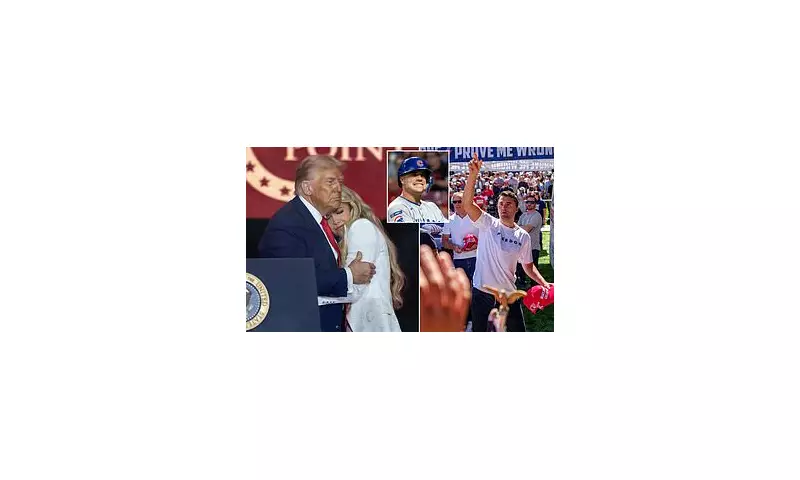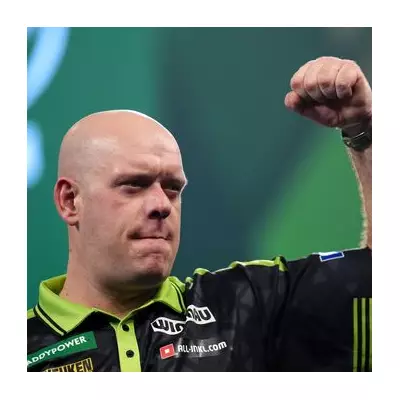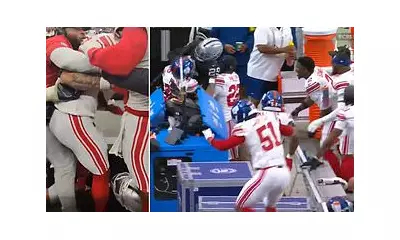
A routine baseball broadcast turned politically charged when New York Mets announcer Gary Cohen unexpectedly targeted conservative commentator Charlie Kirk during Thursday's game against the Chicago Cubs at Wrigley Field.
The controversy erupted when Cohen, a respected voice in sports commentary for over two decades, spotted Kirk in the stadium crowd and used his platform to deliver a pointed criticism that left viewers divided.
Live Broadcast Takes Unexpected Turn
During the Mets-Cubs matchup, Cohen abandoned traditional play-by-play commentary to express his strong disapproval of Kirk's political views. The veteran announcer's remarks transformed the sports broadcast into an impromptu political commentary session that quickly gained attention beyond the baseball world.
Cohen specifically referenced Kirk's organization, Turning Point USA, and made clear his opposition to their conservative messaging. The incident occurred during a live national broadcast, ensuring the comments reached thousands of viewers instantly.
Mixed Reactions From Baseball Community
The broadcasting team's reaction was immediately noticeable, with Cohen's colleagues attempting to steer the conversation back to baseball. However, the damage was done, and social media platforms quickly ignited with debates about the appropriate role of political commentary in sports broadcasting.
Many fans expressed support for Cohen's right to free speech, while others questioned whether sports announcers should maintain political neutrality during games. The incident has sparked broader conversations about the intersection of sports and politics in modern media.
Historical Context of Political Commentary in Sports
This isn't the first time sports broadcasting has ventured into political territory. However, the direct nature of Cohen's comments against a specific individual present at the game represents a significant escalation in the ongoing debate about politics in sports media.
The incident comes at a time when sports organizations increasingly navigate complex political landscapes, with athletes, teams, and broadcasters all facing pressure to address social and political issues.
As the story continues to develop, both the Mets organization and broadcasting networks face decisions about how to address the incident and whether to establish clearer guidelines for political commentary during sports coverage.





